Category
Recent Post
Archive
- July 2024
- June 2024
- May 2024

Slow Fashion: The New Way to Shop for Sustainable and Ethical Clothing
Imran Asif
Jan 12, 2023
Slow fashion is a movement promoting mindful clothing purchases. It suggests buying fewer clothes and carefully choosing items made ethically and sustainably. It's a response to "fast fashion," where cheap clothing is mass-produced quickly using unethical methods. If you want to join the slow fashion movement, consider these key points.
This article will explain the basics of slow fashion and its key ideas. It will also provide tips on how to join this movement and shop for clothes in a more sustainable way. Whether you're new to sustainable shopping or want to understand the issues with fast fashion to inspire others, we've got you covered!
What is Slow Fashion?

Slow fashion is all about doing things differently than fast fashion. Fast fashion makes lots of cheap clothes quickly without caring much about the environment or the people making them. On the other hand, slow fashion focuses on creating clothes one by one, making sure each piece is made with care and respect for the environment.
Slow fashion is all about making clothes in a sustainable and fair way. It cares about the environment and treating workers well by paying them fairly and ensuring good working conditions. It's a movement that highlights the problems caused by making too many clothes too quickly, which is what fast fashion does.
SOME OF THE BEST KEY PHILOSOPHIES OF SLOW FASHION
Are you interested in learning more about the key ideas behind the concept of slow fashion? Here is an overview of the situation:
Quality over Quantity

Transparency & Honesty

The supply chain has to be transparent and honest regarding the materials that are used, where they originate from and how they are produced, as well as the working circumstances of individuals who are responsible for the production of the clothing.
Eco-Friendly
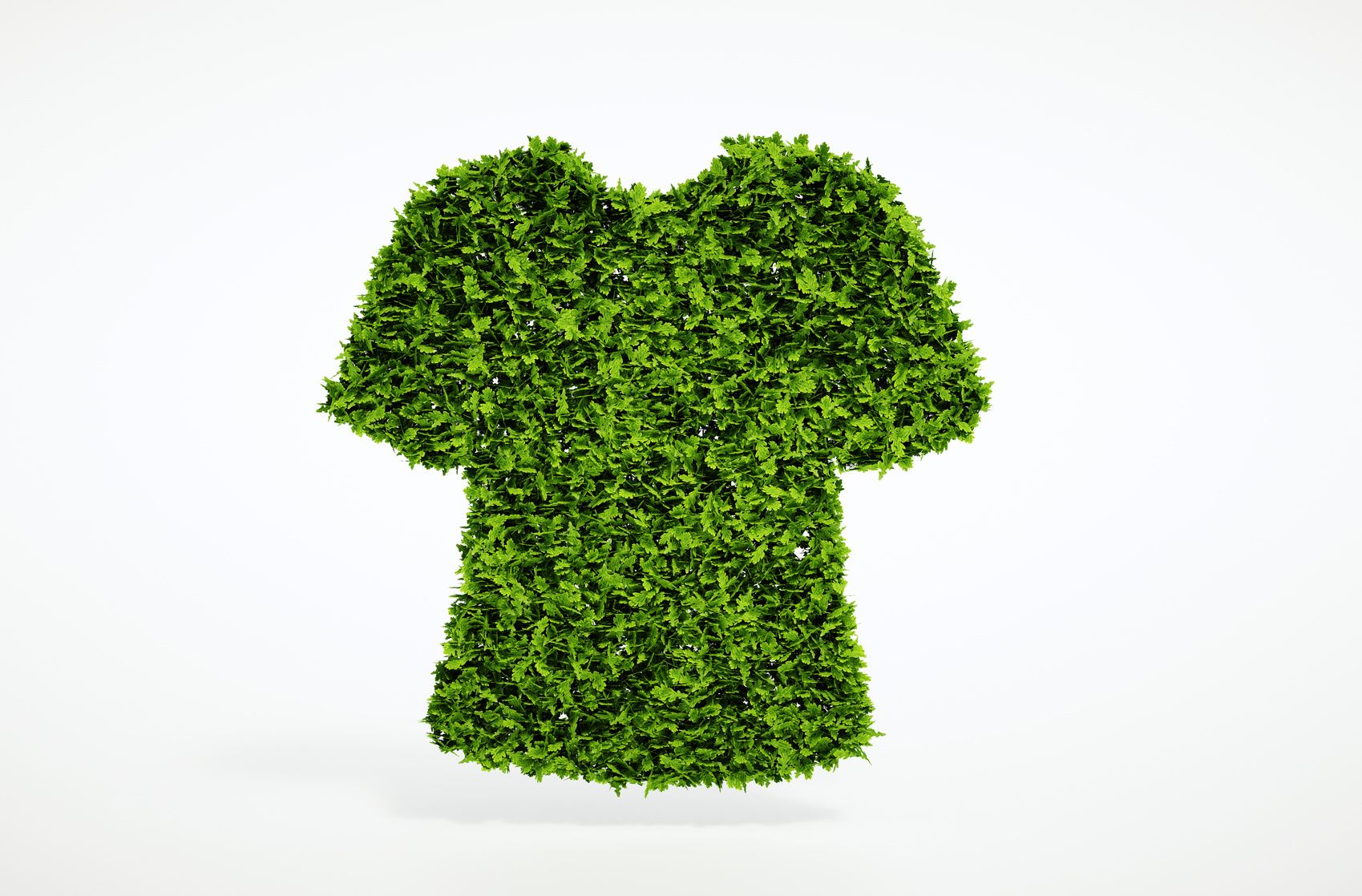
For the sake of protecting the natural world, the manufacturing process needs to generate as little waste as is humanly feasible while also minimising the use of potentially hazardous substances. Even the clothing's packing and shipment must be made in a way that is not harmful to the environment.
Local Production & Employment
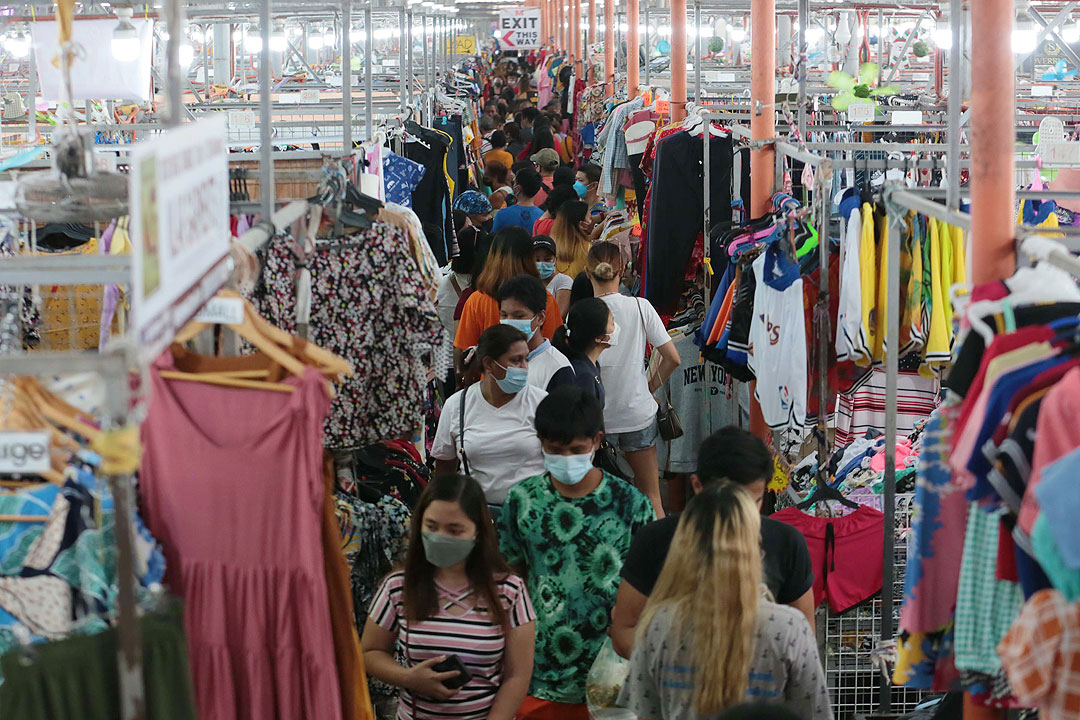
In order to lessen the negative effects on the environment that are caused by transportation-related emissions and impacts, it is important that as much of the supplies and personnel as feasible originate from within the immediate area. In the event that this cannot be accomplished, manufacturing should be maintained within a reasonable distance of the location where the resources were procured.
Fair Payment & Working Conditions

The people who are engaged in the creation of clothing should always be given a fair wage, and they should work in circumstances that are safe and free from any kind of exploitation or abuse.
These five key philosophies of the slow fashion movement are what ensure that clothing is produced in an ethical and sustainable way. By understanding these points and striving to practice them, we can all contribute to making a better world for everyone.
Why Should We Participate in Slow Fashion?

You all know the answer to this question: We should care enough about our environment and society to participate in the slow fashion movement because it will be beneficial not only to us but also to future generations. It is important that we continue to make small steps towards a more ethical and sustainable planet. Here are some of the major benefits of slow fashion:
Protects The Environment

By choosing to purchase clothing from brands that practice slow fashion, we are actively reducing our impact on the environment. Slow fashion methods involve sourcing materials locally and minimising waste throughout production. This helps conserve natural resources and prevent pollutants from entering our ecosystems.
Aids Local Communities

Quality Clothing

By investing in slow-fashion clothing, you are also investing in long-lasting pieces that will stand the test of time. Quality materials and craftsmanship mean that your clothes will last for many years to come, eliminating the need for frequent replacements and saving both money and resources in the process.
Positive Impact on Society

The principles of slow fashion are based on the idea of respect for both people and the environment. When we purchase clothing from companies that adhere to these values, we are helping to create a more equitable society by promoting fairness in working conditions, wages and materials sourcing.
Committing to Progress

By committing to slow fashion, we are not only helping ourselves and the planet but also laying the foundation for a better future. We are setting an example for others and giving them the courage to make their own positive choices that can help shape a brighter tomorrow.
How to Join the Slow Fashion Movement
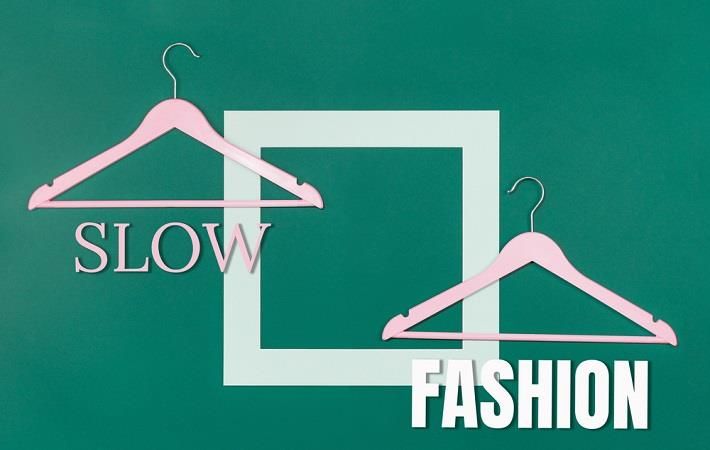
The challenges faced by the fashion industry are becoming more known, yet, there is still much work to be done. The following is a list of methods in which you may make a contribution to the slow fashion movement:
Shop mindfully and consciously
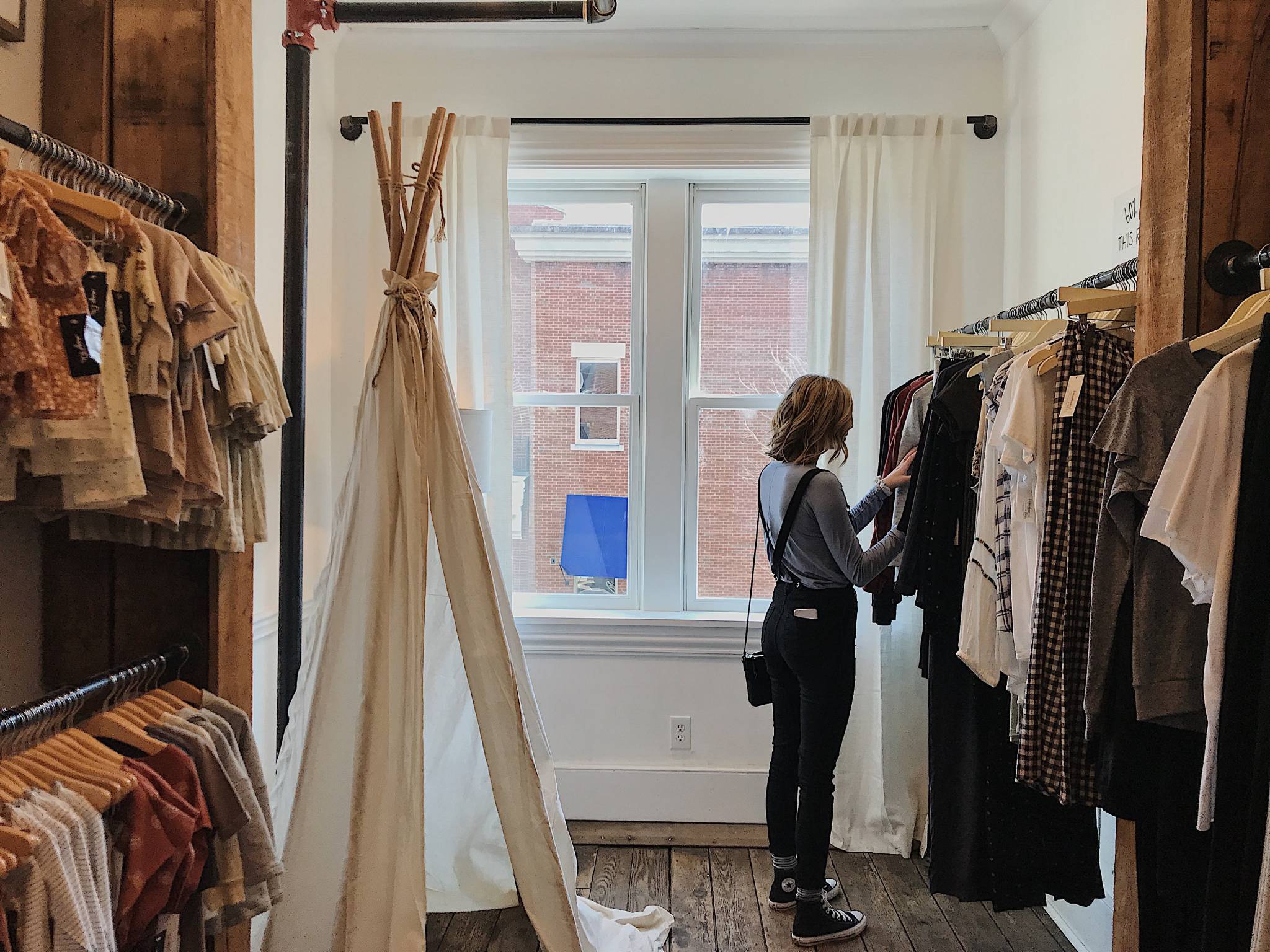
Take your time to research brands, their processes and material sourcing. Make sure that they meet your ethical standards before making a purchase. Support local creatives who produce sustainably with transparency and respect for workers' rights.
Buy Less

Think before you buy, and only purchase what you need or will use. When it comes to clothing, consider investing in quality pieces that are timeless and can be worn multiple times in different ways.
Upcycle/Recycle Your Clothes
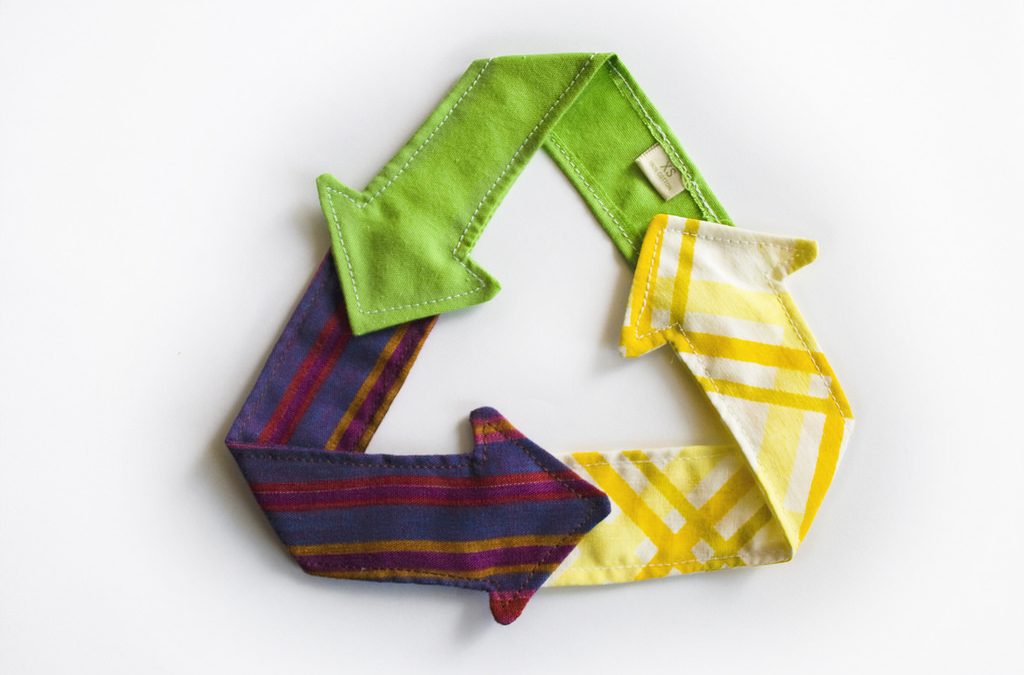
When your clothes have reached the end of their life, or you no longer wear them, consider giving them a new purpose by upcycling them into something else. Alternatively, donate your clothing to charities or give it away to people who need it more than you.
Spread the Word

The slow fashion movement is still in its infancy and needs all the help it can get! Get involved by spreading the word about slow fashion and supporting sustainable brands engaging in ethical practices.
Educate Yourself

It is important to be aware of the issues related to fast fashion and how you can help in tackling them. Read books, attend events, stay updated on news and social media trends – anything that keeps you informed and motivated to create positive change.
In a Nutshell
Slow fashion is a movement that we can all be a part of, no matter our background or location. By making small steps towards this lifestyle, we are creating a more conscious and responsible future for ourselves and our planet. Through mindful shopping, reducing consumption and supporting sustainable businesses, together, we can create a more equitable and just fashion industry. After all, when it comes to our planet, the future is in our hands! So let's take charge today and make a difference in a slow fashion!
← Older Post Newer Post →









